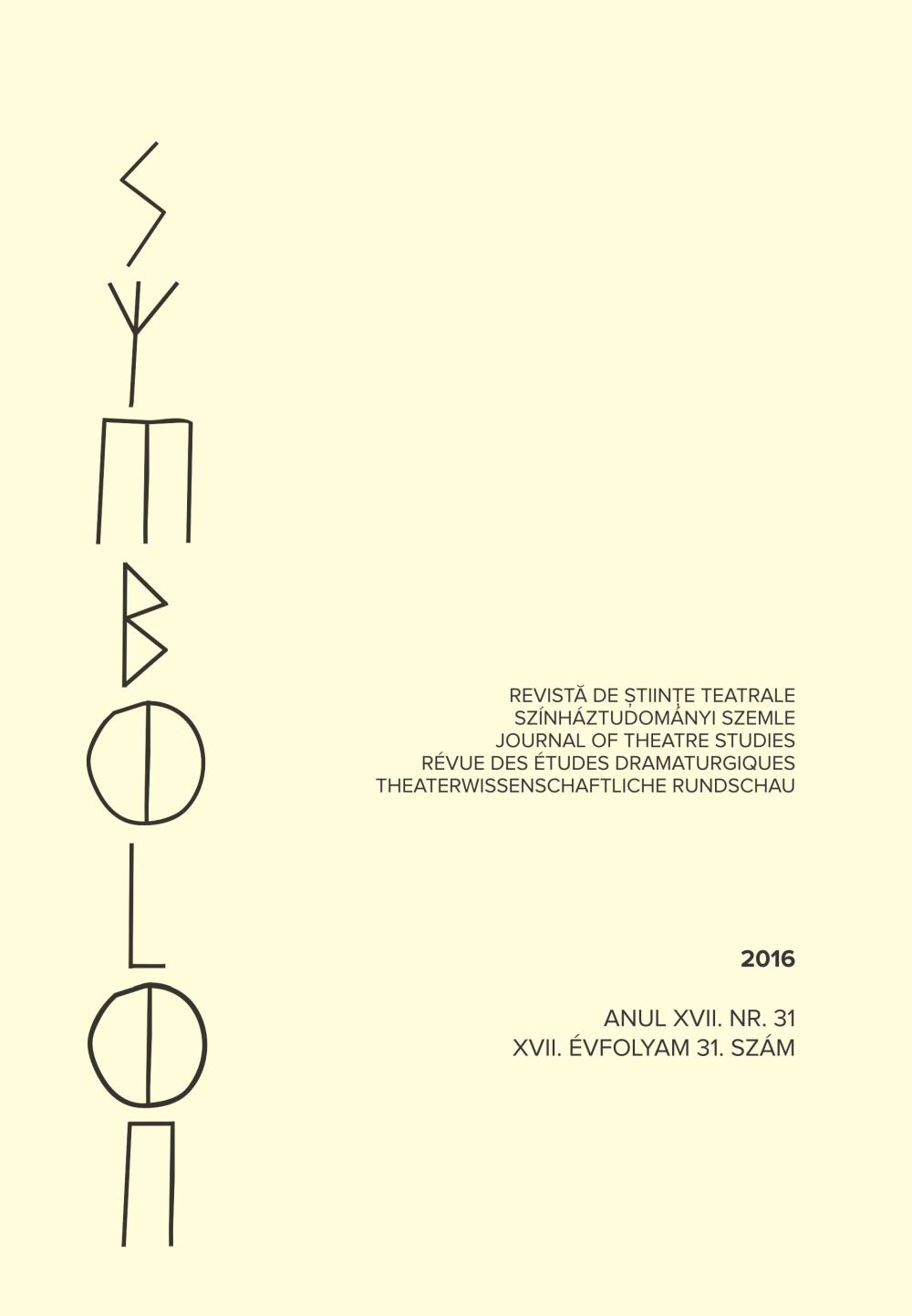Az utópisztikus gondolkodás lélektani megközelítése – útkeresés
The Hypothetical Psychological Foundations of Utopian Thinking
Author(s): Kinga Bakk MiklósiSubject(s): Theatre, Dance, Performing Arts, Fine Arts / Performing Arts, Psychology
Published by: UArtPress - Editura Universității de Arte din Tîrgu Mureş - A Marosvásárhelyi Művészeti Egyetem Kiadója
Keywords: symbolic thinking; participative attitude; dream; character building; creativity
Summary/Abstract: Utopian thinking does not mean thoughts exclusively, but it also refers to an attitude and the multitude of emotions involved, and also memories, imagination, etc. I shall regard this phenomenon as a natural human need (sometimes cognitive, but also aesthetic, and even as a need of self-realization), its roots can be traced back to early childhood, to the stage where the development of symbolic thinking emerges. According to Piaget, symbolic thinking is at the foundation for intellectual development, which, with its utopian nature, serves the development of creativity and spontaneity. Our personal concerns and interests with our own utopian thinking manifest itself in our interest dealing with dreams. In dreams, different levels of symbolism interact in complex ways. In many cases, these symbolic events are put on stage, and the decoding process of these events can take a utopian or dystopian character. A direct connection between dreams and „reality” seems to be out of reach. The dream that we dream reaches our consciousness through many filters: the dreamers memory, his/her descriptive verbal skills, narrative ability, also the dream`s details are moderated by the person's intrinsic moral stands and decisions – these on one hand. On the other hand, there is selectively receiving and interpreting mechanism of the individual who makes the dream interpretation. Dreams can be considered as a complex, multi-dimensional commentary about and on „reality”, often with a utopian aspect. Talking about dreams can take place on several different levels, all of which might be far away or close to „reality”, and so the messages of the dreams, the commentary of reality can be very diverse – yet we do not regard this procedure futile since we value it and we need it. The utopian thinking style and attitude devolves over time, during the process of maturing/growing up. With its colours – in the good cases – it reemerges during adulthood on the stage (in the process of character building, is the process of creation, and also in the relation of decoding and receiving). The utopian thinking in this sense assumes a participative and collaborative attitude of the artist and viewer/receives – this, beyond its idealistic aspect, enhances the creative process. All in all, the creative act is not completed exclusively by the artist. The viewer makes the connections between the piece and the outer world., and he/she does this by decoding and interpreting its (the piece`s) inner content. So this is how he/she contributes to the creative act (Duchamp 1957). I will regard and deal with the utopian thinking and attitude as an individual need. This need manifests itself down from daily „trivial” manifestations up to its form in setting the stage (character building). In clarifying these phenomena, I will clarify the psychological concepts, mental processes and inner functions involved, from the perspective of theory and practice, with all its ambiguities.
Journal: SYMBOLON
- Issue Year: XVII/2016
- Issue No: 31
- Page Range: 112-121
- Page Count: 10
- Language: Hungarian

